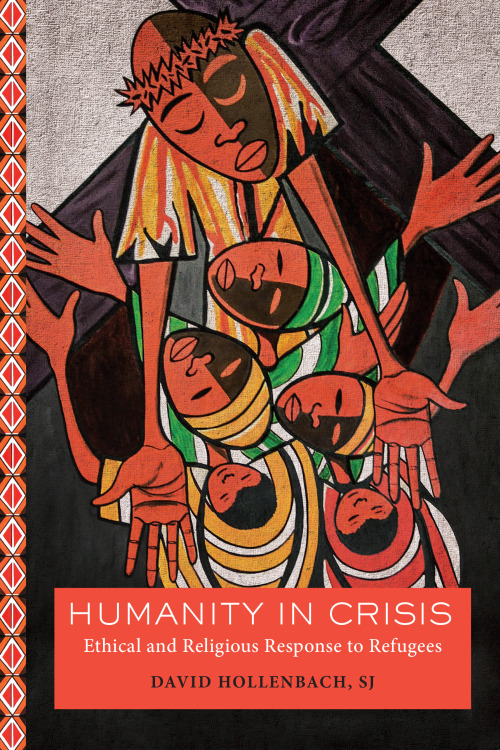Criteria for Responsibility: Assisting the World's Displaced Peoples
Today, 68.5 million people have been displaced by war, natural disasters, and crimes against humanity. Some of the biggest contributors to this number are the crises in Syria and South Sudan. There are many ways to show compassion toward people who have been impacted by these crises, including providing assistance. But when is providing assistance a moral duty as well as a show of compassion? In Humanity in Crisis, Georgetown University professor David Hollenbach presents an ethical approach to this record-breaking displacement of people. He shows the positive duties that states, religious communities, NGOs, and international organizations have to help, and the negative duties of states to avoid perpetuating these crises. Hollenbach argues that while national borders play an important role in protecting the basic rights of citizens within a sovereign state, when the government neglects to protect those rights, or is unable to, it is the moral duty of other states to intervene. In determining the criteria for responsibility he cites the Kew Gardens Principle, developed by several scholars at Yale as they grappled with whether or not they had a responsibility to come to the aid of those impacted by apartheid in South Africa.
The Kew Gardens Principle was named for the tragic event that occurred in the Kew Gardens section of New York City in 1964. According to initial reports, a woman named Kitty Genovese was murdered while multiple bystanders stood by and did not help her. The scholars at Yale concluded that under certain circumstances persons or institutions have a positive duty to come to the aid of others even if they themselves have not caused their suffering. By the same token, it can be a positive moral duty to protect the rights of those in the midst of a humanitarian crisis even if the crisis has a separate cause. According to the Yale scholars, this positive duty exists when five preconditions are met.
1. There is a critical need
2. One has proximity to the need
3. One has the capability to respond with some effectiveness
4. One is likely the last resort from whom help can be expected
5. Help can be provided without disproportionate harm to the one providing assistance
If these conditions are met, Hollenbach argues, then it is a moral obligation of those in a position to help to provide aid in the interest of maintaining the human dignity that each individual is entitled to, as well as a powerful way to show compassion to those in need. For details on the ethical framework that supports the moral obligation to help displaced persons, practical solutions to the crises that cause displacement in the first place and more, check out Humanity in Crisis: Ethical and Religious Response to Refugees.

